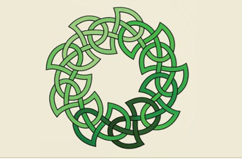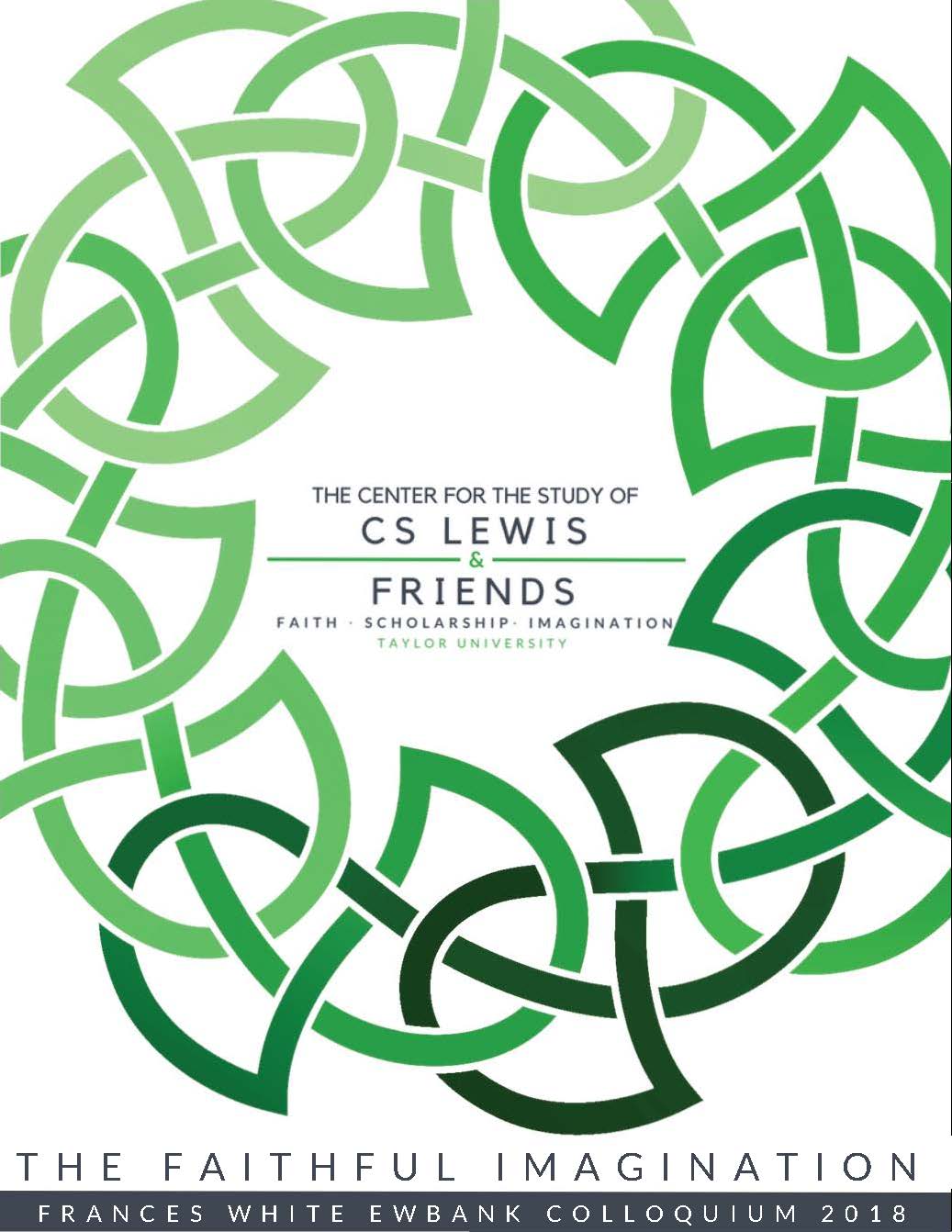Event Title
Concurrent Paper Session 7A: Lewis & . . .
Location
Euler 130
Start Date
2-6-2018 1:30 PM
Description
"Scientism and Its Consequences in the Thought of C.S. Lewis and F.A. Hayek" - Brandon Harnish
C. S. Lewis and F. A. Hayek wrote a great deal about “scientism.” Hayek, though an agnostic, was remarkably in line with Lewis on this problem and paid the subject a tremendous amount of academic attention. Both Lewis and Hayek wrote under the looming shadow of fascism, socialism, and communism; both wrote about the dangers of technocratic central planning; both worried that Western civilization was fast abandoning the ideas, morals, and political traditions of the past, not just of Jefferson, Tocqueville, and Acton, but of Christianity and classical antiquity; and both were exceedingly concerned with the state of science, its role in our common life, and its reputation in the popular imagination. My paper is an exploration of their views. I will work through how each author defines scientism and how they understand its consequences.
"Art, the Golden Rule, and Lewis's Experiment in Criticism" - Jim Spiegel
This essay argues, drawing ideas from scripture and from C. S. Lewis’s An Experiment in Criticism, that the Golden Rule is essential to morality and that aesthetic development is crucial to enhancing one’s ability to apply the Golden Rule. Thus, the person who ignores the arts will necessarily be morally disadvantaged. By this I do not mean that such a person will be immoral or completely stunted from an ethical standpoint. Rather, I mean that her moral development will be compromised. By ignoring the arts, she will necessarily be less able to exercise her moral imagination and thus will be less morally mature than she otherwise could be. Or, put positively, the person who regularly exercises her moral imagination through aesthetic experience enjoys a distinct advantage in moral development. So the morally serious person has good reason to engage in the arts, thereby developing her aesthetic sensibility and, in turn, her moral imagination.
"Lessons from Venus: Lewis's Perelandra and Barlow's History of a World of Immortals Without a God" - Kristine Larsen
In Reverend James William Barlow’s relatively unknown 1891 science fiction novella History of a World of Immortals Without a God, a misanthropic occultist visits the planet Venus. There he feeds the despair of the world-weary immortal residents through his prejudicial explanations of terrestrial life, including religion. The immortals, some of whom had tried in vain to commit suicide to escape their suffering, are led to believe that they have been utterly abandoned by their unknown Creator and that there is no hope in their future. This presentation summarizes Barlow’s work, considers Barlow’s Van Varken through the lens of Lewis’s Weston, and suggests topics for future investigation by the Inklings scholarship community.
Event Type
Paper
Concurrent Paper Session 7A: Lewis & . . .
Euler 130
"Scientism and Its Consequences in the Thought of C.S. Lewis and F.A. Hayek" - Brandon Harnish
C. S. Lewis and F. A. Hayek wrote a great deal about “scientism.” Hayek, though an agnostic, was remarkably in line with Lewis on this problem and paid the subject a tremendous amount of academic attention. Both Lewis and Hayek wrote under the looming shadow of fascism, socialism, and communism; both wrote about the dangers of technocratic central planning; both worried that Western civilization was fast abandoning the ideas, morals, and political traditions of the past, not just of Jefferson, Tocqueville, and Acton, but of Christianity and classical antiquity; and both were exceedingly concerned with the state of science, its role in our common life, and its reputation in the popular imagination. My paper is an exploration of their views. I will work through how each author defines scientism and how they understand its consequences.
"Art, the Golden Rule, and Lewis's Experiment in Criticism" - Jim Spiegel
This essay argues, drawing ideas from scripture and from C. S. Lewis’s An Experiment in Criticism, that the Golden Rule is essential to morality and that aesthetic development is crucial to enhancing one’s ability to apply the Golden Rule. Thus, the person who ignores the arts will necessarily be morally disadvantaged. By this I do not mean that such a person will be immoral or completely stunted from an ethical standpoint. Rather, I mean that her moral development will be compromised. By ignoring the arts, she will necessarily be less able to exercise her moral imagination and thus will be less morally mature than she otherwise could be. Or, put positively, the person who regularly exercises her moral imagination through aesthetic experience enjoys a distinct advantage in moral development. So the morally serious person has good reason to engage in the arts, thereby developing her aesthetic sensibility and, in turn, her moral imagination.
"Lessons from Venus: Lewis's Perelandra and Barlow's History of a World of Immortals Without a God" - Kristine Larsen
In Reverend James William Barlow’s relatively unknown 1891 science fiction novella History of a World of Immortals Without a God, a misanthropic occultist visits the planet Venus. There he feeds the despair of the world-weary immortal residents through his prejudicial explanations of terrestrial life, including religion. The immortals, some of whom had tried in vain to commit suicide to escape their suffering, are led to believe that they have been utterly abandoned by their unknown Creator and that there is no hope in their future. This presentation summarizes Barlow’s work, considers Barlow’s Van Varken through the lens of Lewis’s Weston, and suggests topics for future investigation by the Inklings scholarship community.


